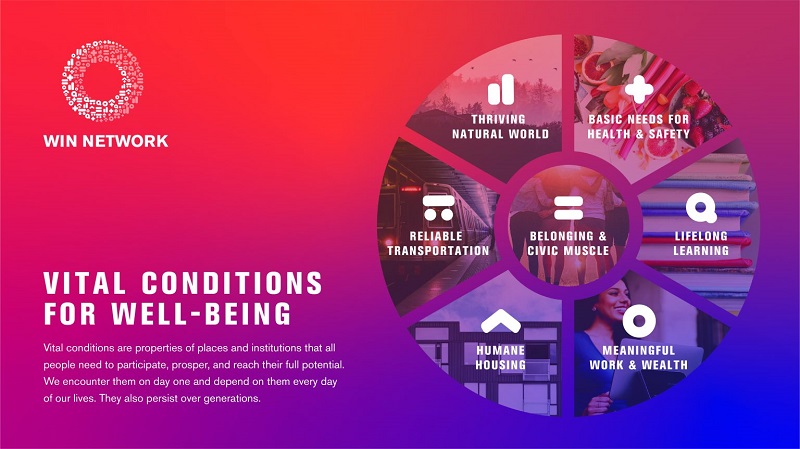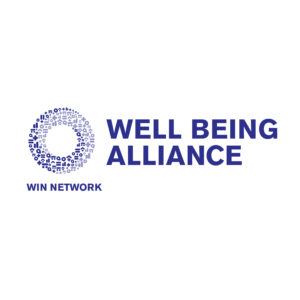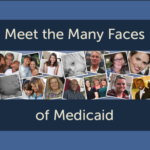Financing health and well-being during COVID-19 pandemic
A Q&A with Jake Segal of Social Finance about the role of his organization’s ‘pay for success’ model in the midst of a global health crisis
By, Tyler Norris, Mdiv, CEO, Well Being Trust
We are in unprecedented times. COVID-19 is transforming social and economic life everywhere. On the one hand, ever more Americans are suffering, and our nation is struggling to effectively respond. On the other hand, widespread systems failures are being unmasked, creating opportunity for bold solutions that can help us recover, and lay a foundation for increased well-being and resilience over time.
In the US, tens of millions are now out of work, with increasing likelihood of a recession. Schools are struggling to adapt to online formats, even as many students have insufficient broadband at home to access. People are sheltering in unsafe settings, while others are struggling to pay rent or make their mortgage payment. Community and cultural events are postponed indefinitely, and social isolation and loss of hope is triggering increased mental health challenges. Our most vulnerable and marginalized are predictably being impacted the hardest.
Uncertainty abounds. And while many of these conditions are more widely experienced and visible now, the fundamental challenges they point to are both structural and perennial.
It is time for better systems, sources of funding, and effective community solutions – as part of COVID response as well as recovery. One financing model — “pay for success” — shifts the financial risk of funding social initiatives to private investors, enabling nonprofit agencies and governments to ensure better outcomes with the backing of investors with a mission.
Social Finance is a leading proponent of pay for success. Working alongside governments, nonprofits, and impact investors, this national nonprofit invests in prevention strategies that lead to better health outcomes and drive long-term social progress. Social Finance is also a member of the Well Being Alliance, a network of organizations and communities convened by Well Being Trust, to advance health and well-being in the nation.
I recently spoke with Jake Segal, vice president of advisory services at Social Finance, about the value of pay-for-success financing in the midst of COVID-19, and how it might be used to support needs today and in the future.
With a worldwide pandemic changing the way we live, work, and learn, how important is pay-for-success today and how we use taxpayers’ money?
We’re facing a global recession, and we’re going to be looking at some tough budget decisions in the months and years to come—so it’s more important than ever to make the most of public spending, to get as much value and effectiveness out of that money as possible. Foundations and impact investors have an important opportunity here: to be the risk capital of social progress, funding prevention to get better health outcomes. That’s the real purpose behind pay-for-success: to use capital markets as a way of enabling governments to invest in better health outcomes and increase social support for the people living in the communities they represent.
How can this type of capital be used to respond to the COVID-19 pandemic?
When it comes to pandemic response, the first priority is meeting the urgent, basic needs of people and the organizations that serve them—health, safety, shelter, food. But when we look beyond the moment of crisis there’s an opportunity to build stronger systems.
There have been a few things in particular on my mind, one of which is workforce development and education. There are lots of folks that are going to be at home for a while, both now and in future waves of physical distancing, and who may not be able to do the jobs that they have historically done, so there is an opportunity to consider virtual learning and training as a way to reskill and be able to fill in some of the significant workforce gaps that will exist in our economy.
With this in mind, we are focusing on efforts to provide upskilling, training, and career development and helping more people get access to the education necessary for economic mobility. This can be done by paying some of the upfront tuition, but also through supportive services that people need in order to get through programs successfully and find employment. Wraparound supports like access to emergency loans and one-on-one job coaching and support are critical, and we have historically underinvested in them as a society.
How might this health crisis impact government’s spending on social services in the future?
The scale of this crisis is massive, and our response will be too. As jurisdictions start thinking about the recovery and how to spend trillions of dollars, we think there’s an opportunity to adopt longer term, outcomes-based mindsets that will extend past all of this. If we’re going to be spending time and resources to purchase motels – like we’re seeing in California right now — to get people experiencing homelessness off the street and into short-term housing to protect more people from the virus, there is also an opportunity for us to leverage that immediate need and spending to drive funding to longer term programs and structures. We have an opportunity to provide supportive services to folks that are moving into those motels now and to continue funding them after the crisis is over to eliminate homelessness for good.
Jake Segal is a vice president at Social Finance, a national mission-driven organization dedicated to mobilizing capital to drive social progress. Social Finance develops innovative financing tools for the social sector, including social impact bonds, career impact bonds, and outcomes rate cards. Jake leads the firm’s California office and much of its work around social determinants of health and prevention.
Tyler Norris, MDiv, is chief executive, Well Being Trust, an impact philanthropy with a mission to advance the mental, social and spiritual health of the nation. Over the past three decades, Tyler has shaped health and development initiatives in hundreds of communities in the US and around the world. He has an extensive background as a social entrepreneur and trusted advisor to philanthropies, health systems, government agencies and collaborative partnerships working to improve the health of people and places. Tyler also serves as a board member and/or advisor to Naropa University; the National Academies of Science: Child Well Being Forum; CityHealth; Enterprise Community Partners and others.







